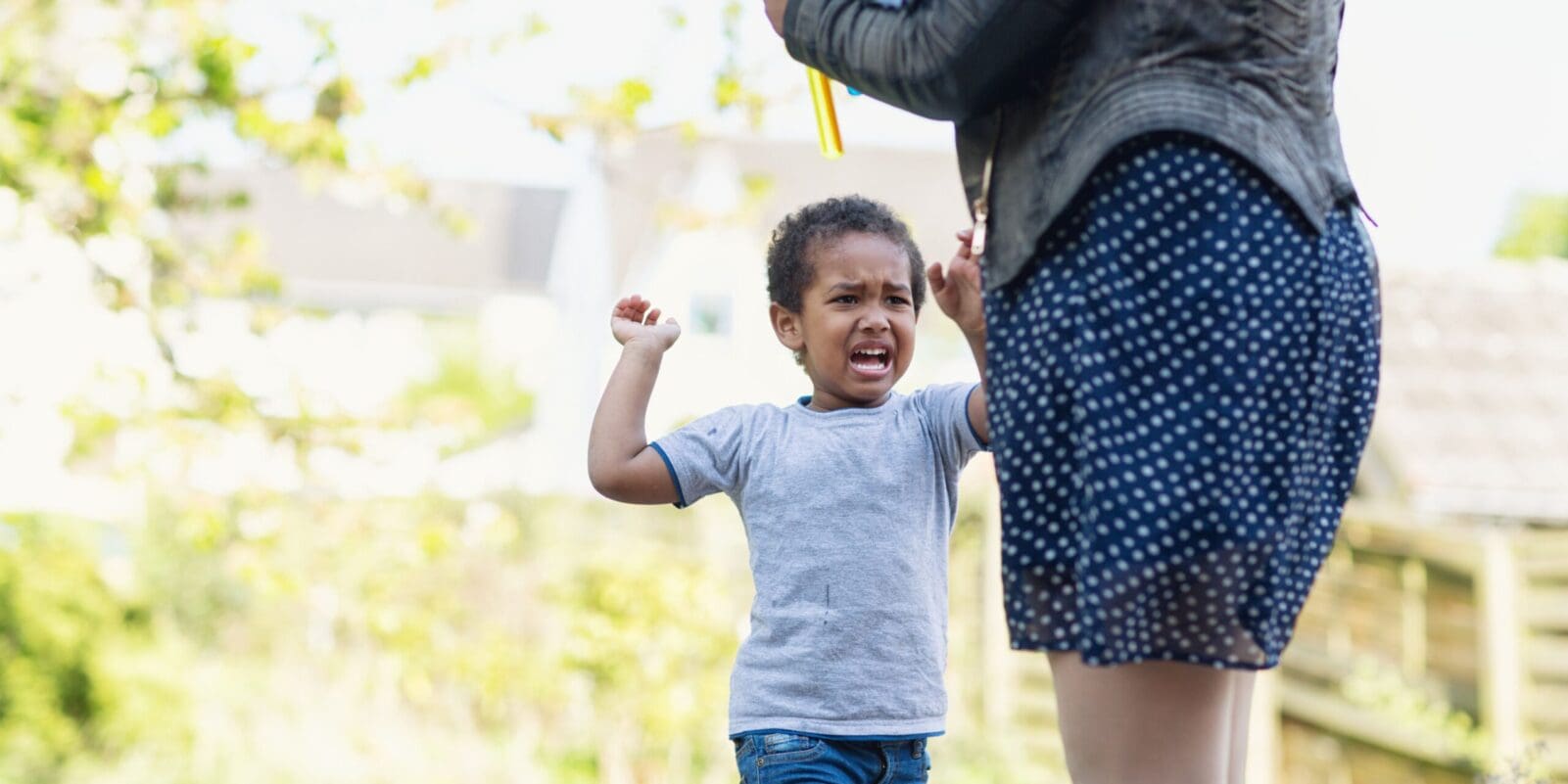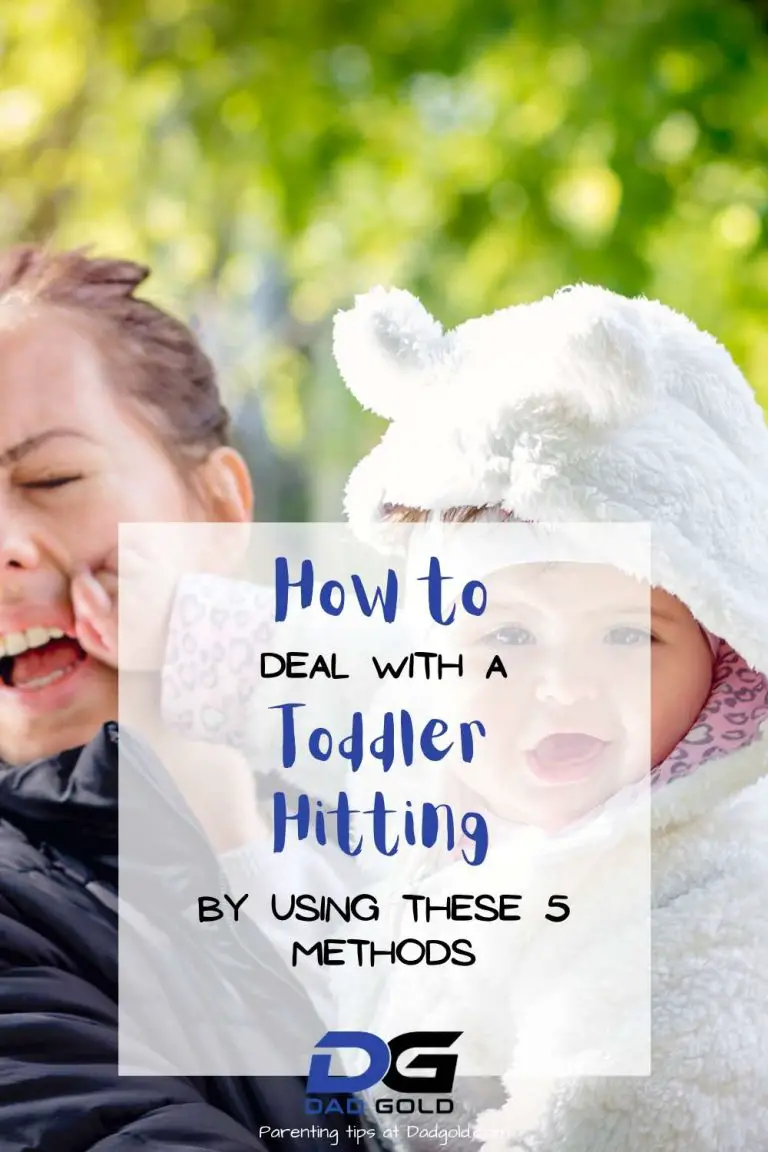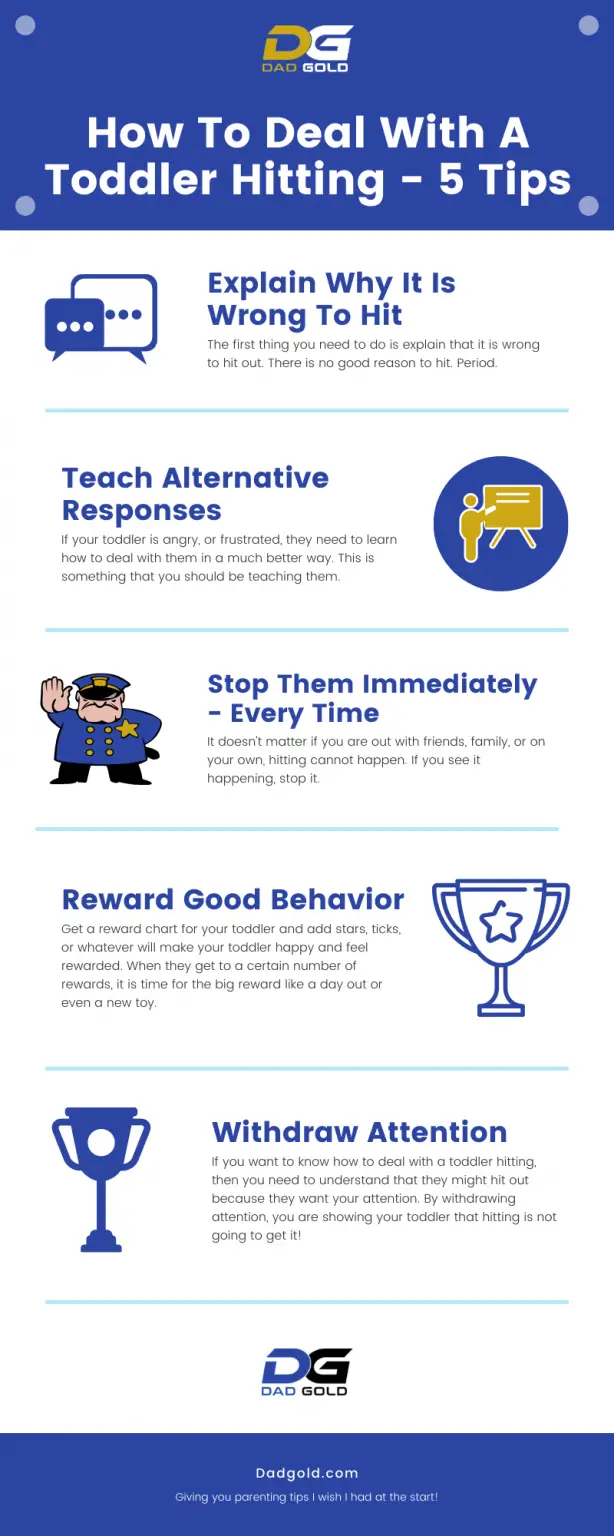Glory Info About How To Handle Toddler Hitting

To keep a toddler from hitting,.
How to handle toddler hitting. Teach your toddler to understand how their actions affect others. 10 ways to get your toddler to stop hitting. Rather than only reacting to hitting, caregivers can explain the behavior they do want to see in advance.
If your toddler is strong this could be physically difficult depending on your own size, strength,. This will help them develop empathy and reduce the likelihood of hitting. Here are our top tips to help parents dealing with kicking, biting or lashing out.
Tips to manage aggressive behavior in toddlers and help children manage strong emotions and reactions. It may help to: Apologize for your child.
Experts recommend one minute per year, so if your. 1 | anger maybe you told your little one no more tv tonight and they retaliated with a quick smack. Always saying no advertisement | page continues below advertisement | page continues below 2.
If your child hits or bites a playmate, turn your attention to the victim. Hitting and biting advertisement | page continues below 3. Understanding toddler hitting behavior.
They are hitting because they are toddlers. And as they develop better ways to express themselves the hitting will probably stop. Discover effective ways to how to deal with a toddler hitting with our expert tips.
Or maybe another child tried to take your toddler’s toy and. To stop your toddler from hitting, understand what they are trying to communicate, find out the root cause of the issue,. Here are some practical steps you can follow in the moment to make sure you are handling your toddler hitting the right way.
Biting and hitting is common for babies and toddlers but there are ways to handle little ones who. Here are four simple steps for stopping toddler aggression, and teaching some important new skills in the process: Your instinct may be to physically hold your toddler back when they are trying to hit others.
Developmental stage and toddler hitting; The best way to prevent aggressive behavior is to give your child a stable, secure home life. You may think you can't see it coming, but if your child often hits in social situations, you can predict that hitting is likely in any social.
Stop the aggression do what you need to. If you feel your child is out of control, or that being physically secure helps to calm them down, this could be an option for you. Learn how to address the underlying causes of hitting, set boundaries, and teach.


















